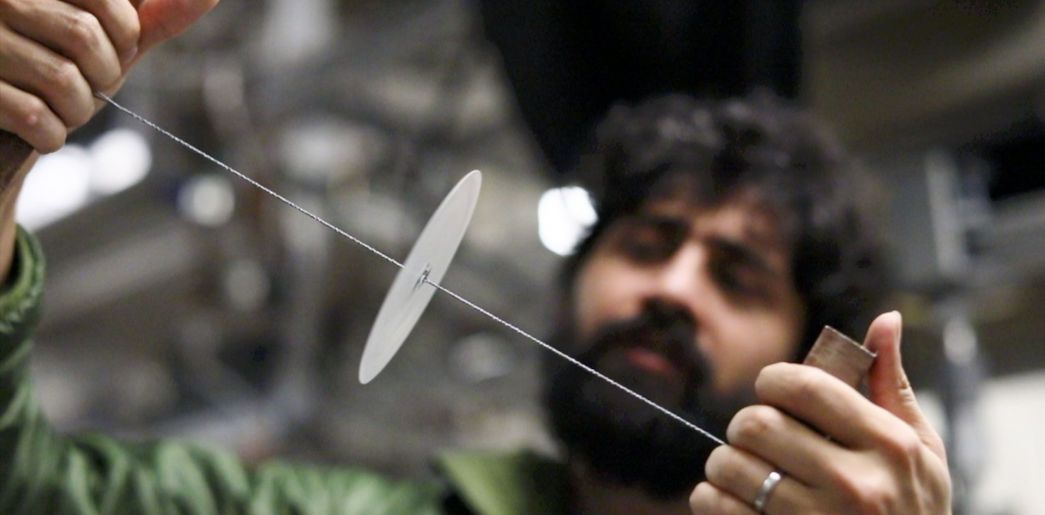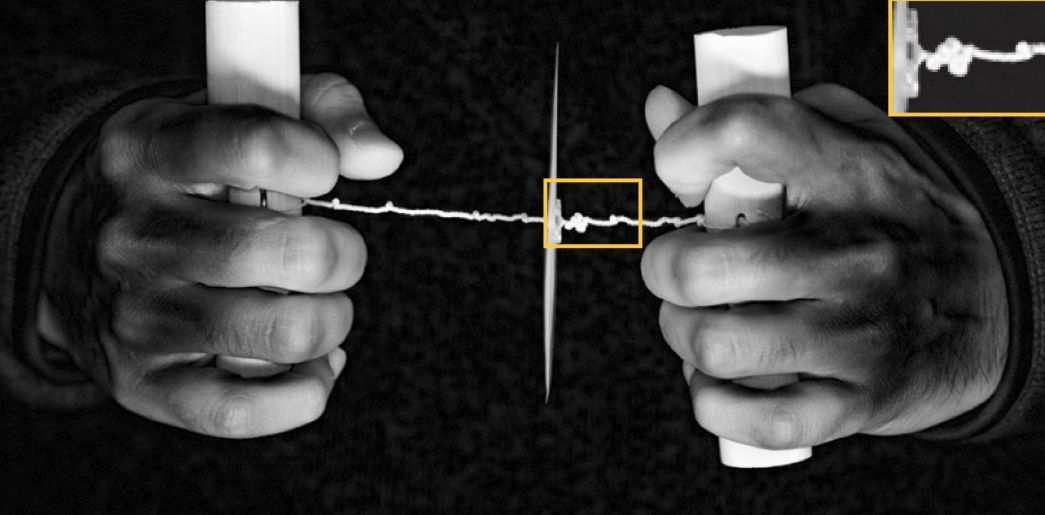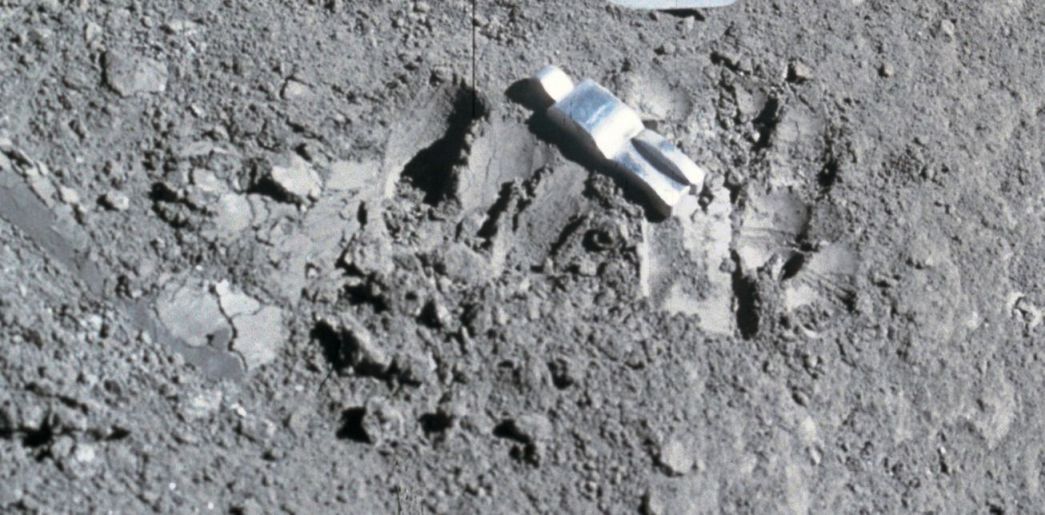AÑO
2017
CATEGORÍA
Aprendizaje y Juego
OBJETIVOS
Salud y bienestar
PAL. CLAVE
diagnostic , centrifuge , low-cost
PAÍS
United States of America
CRÉDITOS
Manu Prakash
LINK
http://news.stanford.edu/2017/01/10/whirligig-toy-bioengineers-develop-20-cent-hand-powered-blood-centrifuge/
The Paperfuge
This 20-cent paper pinwheel could help diagnose diseases in developing countries
Stanford bioengineers have developed an ultra-low-cost, human-powered blood centrifuge. With rotational speeds of up to 125,000 revolutions per minute, the device separates blood plasma from red cells in 1.5 minutes, no electricity required.
A centrifuge is critical for detecting diseases such as malaria, African sleeping sickness, HIV and tuberculosis. This low-cost version will enable precise diagnosis and treatment in the poor, off-the-grid regions where these diseases are most prevalent.




